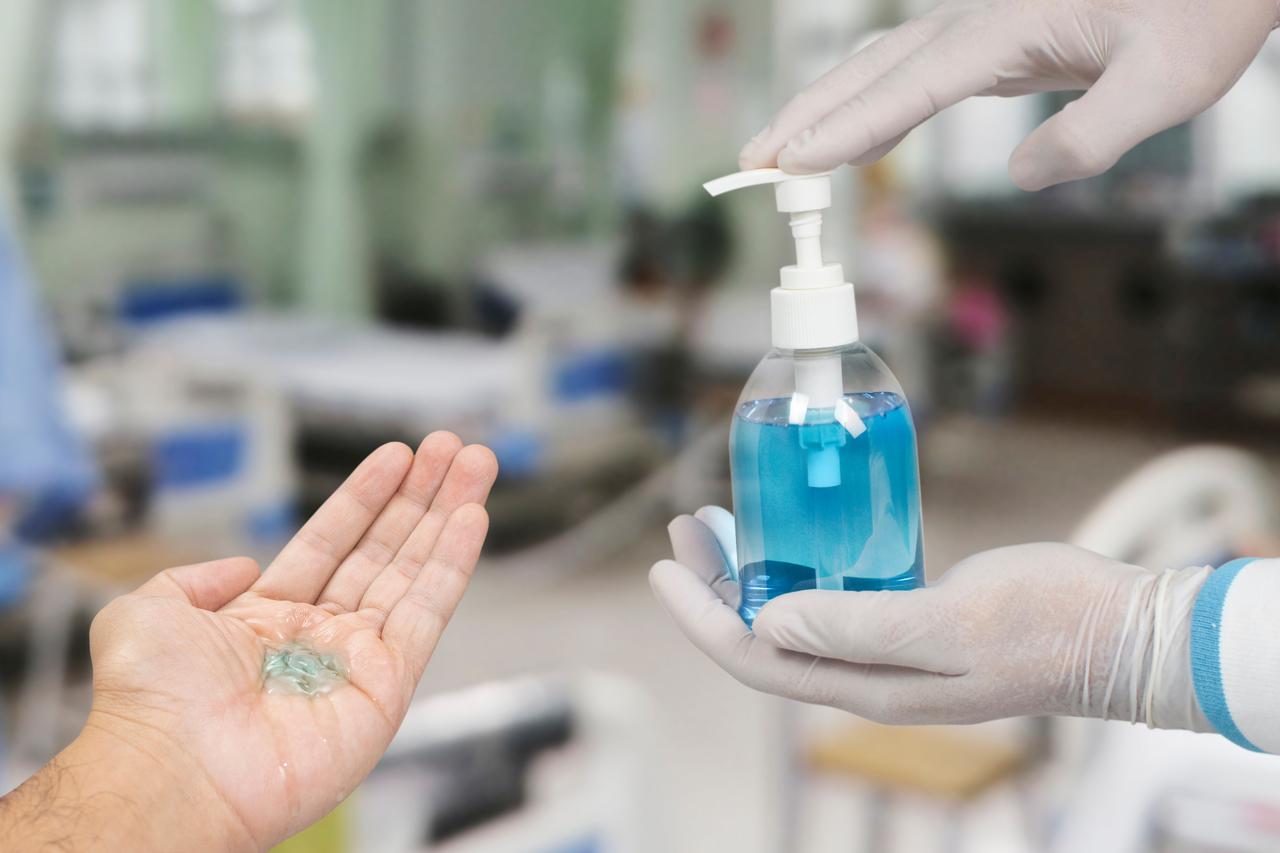
The European Union is considering restricting ethanol—the key ingredient in most hand sanitizers—after an internal report raised concerns about potential cancer risks and pregnancy complications.
According to the Financial Times (FT), a working group within the European Chemicals Agency (ECHA) issued a recommendation on Oct. 10, suggesting that ethanol be classified as a toxic substance. The proposal argues that ethanol, widely used in cleaning and disinfection products, may increase cancer risk and affect reproductive health.
The issue will be discussed at a meeting of the agency’s Biocidal Products Committee between Nov. 25 and 28. If the expert panel concludes that ethanol is carcinogenic, it may recommend replacing it with alternative substances. The final decision, however, would rest with the European Commission.
Ethanol became a global essential during the COVID-19 pandemic, serving as the primary disinfectant in hand sanitizers and medical cleaning products.
The compound, also known as ethyl alcohol, kills germs effectively when used at concentrations between 60% and 80%, according to public health guidelines.
The ECHA told FT that ethanol could “still be approved for the intended biocidal uses if these are considered safe in light of expected exposure levels or no alternatives are found,” emphasizing that no formal decision has yet been made.
The World Health Organization (WHO) continues to classify both ethanol and isopropanol as safe for hand hygiene, reaffirming their effectiveness and low health risk when used correctly.
The European Chemicals Agency has not yet responded to requests for comment from Reuters.